This week I wrote a posted something I never really guessed I’d write about–property rights–in Swamp Wisdom: An Ecclesiastes on Human Rights. That post is mostly about why property rights matter in the first place, what they have to do with war and power, and overall, learning to not hold on so tightly to what we claim as ours.
But it did raise the question, what does living justly even look like when it comes to property rights? And more specifically, what can we do about it?
Honestly, as I wrote about why it was important, I realized I barely had a clue on how to answer this question. Considering, I’ve been thinking about it and complied a list of five ways we can do something tangibly, actionably to live justly in regards to land and property rights.
However, as they are mostly new thoughts, please give me a little grace! And now that I have paved the way, you will have to tell me your own thoughts in the comments below!
1.) Help IJM Stop Property Grabbing
You already know that I like a lot of International Justice Mission‘s work, as I’ve written about them more than once (Like in Why We Should Seek Justice: International Justice Mission’s Model or Why Willie Kimani’s Murder Calls Us To Be Ninjas of Light (An Insider’s Perspective on IJM). Before I wrote these posts, this was the only organization I knew of that advocated for property rights.
Specifically, IJM advocates to give land back to widows, whom, after the deaths of their spouses, had their homes taken from them simply because they are so easily taken advantage of.
Property Grabbing is a real problem in some parts of the world. Over 115 million widows, with 1/2 a billion children depending on them, live in extreme poverty. One of the reasons this is a statistic is so high is because these widows don’t have a home to call their own.
For example, check out this story; it is a poignant eye-opener:
You can learn more about property grabbing here or donate to this cause here.
2.) Stand With Indigenous People
Then there is protecting Native American’s rights to at least some property in the United States (after all, our European ancestors stole the rest of it). In the past few years there has been a lot of tension when it comes to infringement on space dedicated to indigenous people, which is a problem. As I have been a slacker, I am not well versed on the issue, but I am slowly becoming more informed.
And although this isn’t specifically about current property rights, as a lot of livelihood was lost to our native cultures through their forced diaspora, we can easily argue that providing community development opportunities for indigenous people might tie into seeking justice on property rights.
What do you think?
3.) Find Legal Aid For Separating Families
Seeking justice in regards to property can be done by helping a divorced stay-at-home mom. Too often, she can’t get a lawyer, and with that, she can get child-support (let alone half the purchase price of the home that has her name on the deed). If we are going for the ideal, we can even advocate that she doesn’t have to move her kids and herself out because they agreed much earlier that he would be the breadwinner and she would take care of the home.
Often, the one who is more powerless in the relationship can’t afford a lawyer to advocate on their behalf or aren’t aware of laws that might help them. (And of course, sometime this story is reversed, with a woman using her power unjustly over her spouse.)
I have seen this go down a couple times with people leaving abusive relationships, or leaving spouses who have affairs or addictions causing danger to the family (in one case I know of, threatening to murder their child). But regardless of “why,” (as so often we get caught up on this)–when there is already great emotional cost to the family separating, especially for the children, it doesn’t need to become more explosive over property rights.
Tahirih Justice Center, near where I lived in Northern Virginia, understood this is a huge problem that we can do something about. Check out what they do here for women and girls in the D.C., Houston, Baltimore, and San Francisco Bay areas.
But even just helping a friend who didn’t speak English well fill out paperwork made a difference. And something else I could do to seek justice concerning property rights for another friend was simply being present–helping her move, inviting her and her family over for dinner, and praying with her.
Do you know any local organizations that provide support or advocacy help for people leaving oppressive relationships? Do you have any friends who might need the support of a friend as they need justice in the form of property rights?
4.) Navigate the Housing Market With Financial Wisdom
Seeking justice could look like teaching people how to find wise financing within their income range or how to purchase a home in cash (here are some bad options and is a method to know if you will afford your property). Although this knowledge helps individuals, it also helps society as a whole by preventing the rapid rise of house inflation, and with it, another housing bubble crash and following recession.
I don’t claim to be a financial expert, but I did go to my Financial Peace Class (which normal people like myself are allowed to teach) and I know there are other ways to share this wisdom. So even if you aren’t in the real estate or financial industry, you might still find yourself in a position of influence to encourage people to consider what living justly looks like with their real estate purchases.
(Maybe someone with more knowledge than I can shed some light in the comments below about what they think living justly looks like when it comes to property ownership?)
5.) Teach Kids an Accurate Version of History on Columbus Day
I am pretty sure we should changing Columbus Day to “Woot! America Has History Day!”
You see, my kids (and unfortunately, even now I find myself singing this song as I walk around the house) can sing you a song about Columbus sailing to the Americas in 1492, on the Niña, the Pinta and the Santa María.
But, Columbus didn’t actually come to the United States and he wasn’t the first European to come to the Americas regardless. In addition, from the records I can find, he was a cruel man, slave-trader, and imposed his “right” to conquer others, stealing their land to exploit for himself and his crown.
I’m not the first to suggest that living justly when it comes to property rights might include repurposing our favorite day off of school in October in honor of something less sinister.
I have a lot more thoughts on this, but you will just have to check them out on the HuffPost on October 12th. (Lucky you!)
It’s Your Turn: Living Justly and Property Rights
I am just processing a few ideas, so I would love your input! What do you think living justly in regards to property rights looks like?
And again, if you missed the whole reason we are discussing what living justly in regards to property rights actually looks like in real life, you might want to catch-up here: Swamp Wisdom: An Ecclesiastes on Human Rights



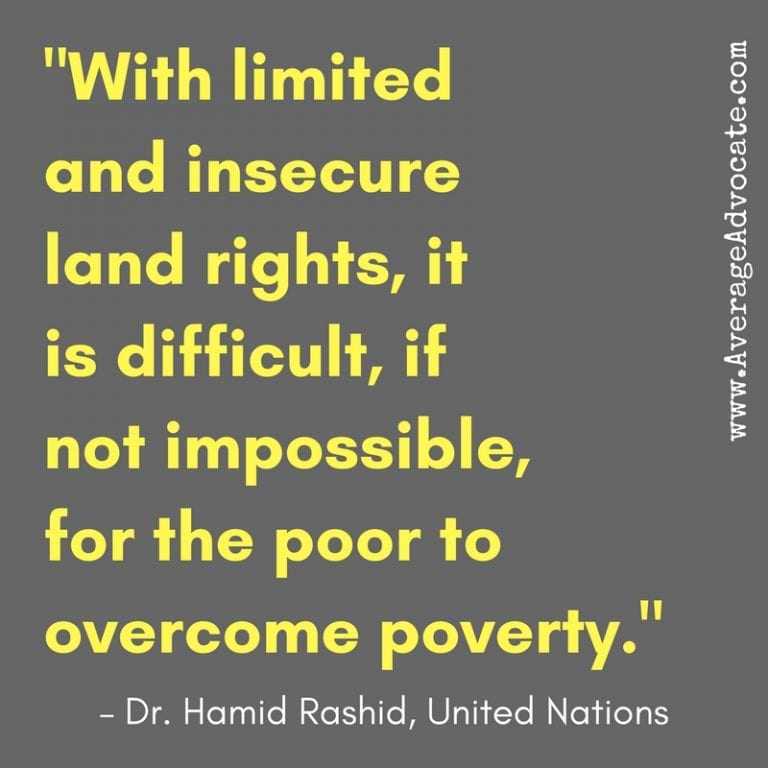


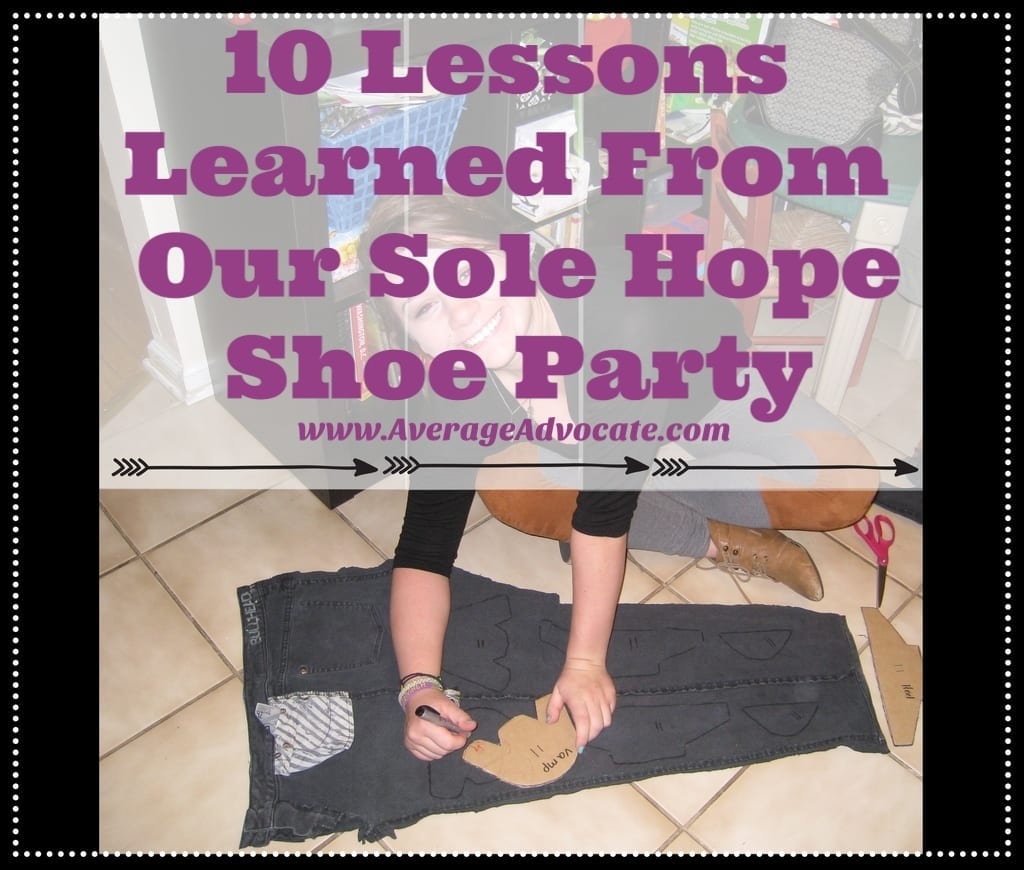
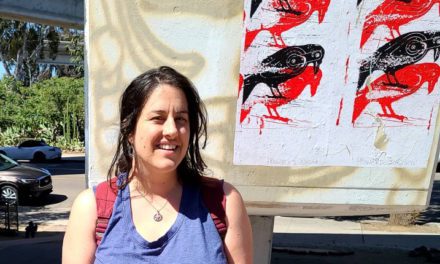


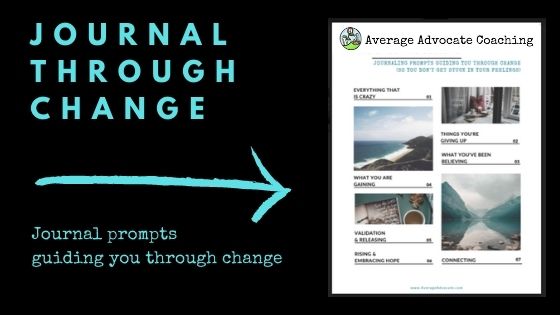
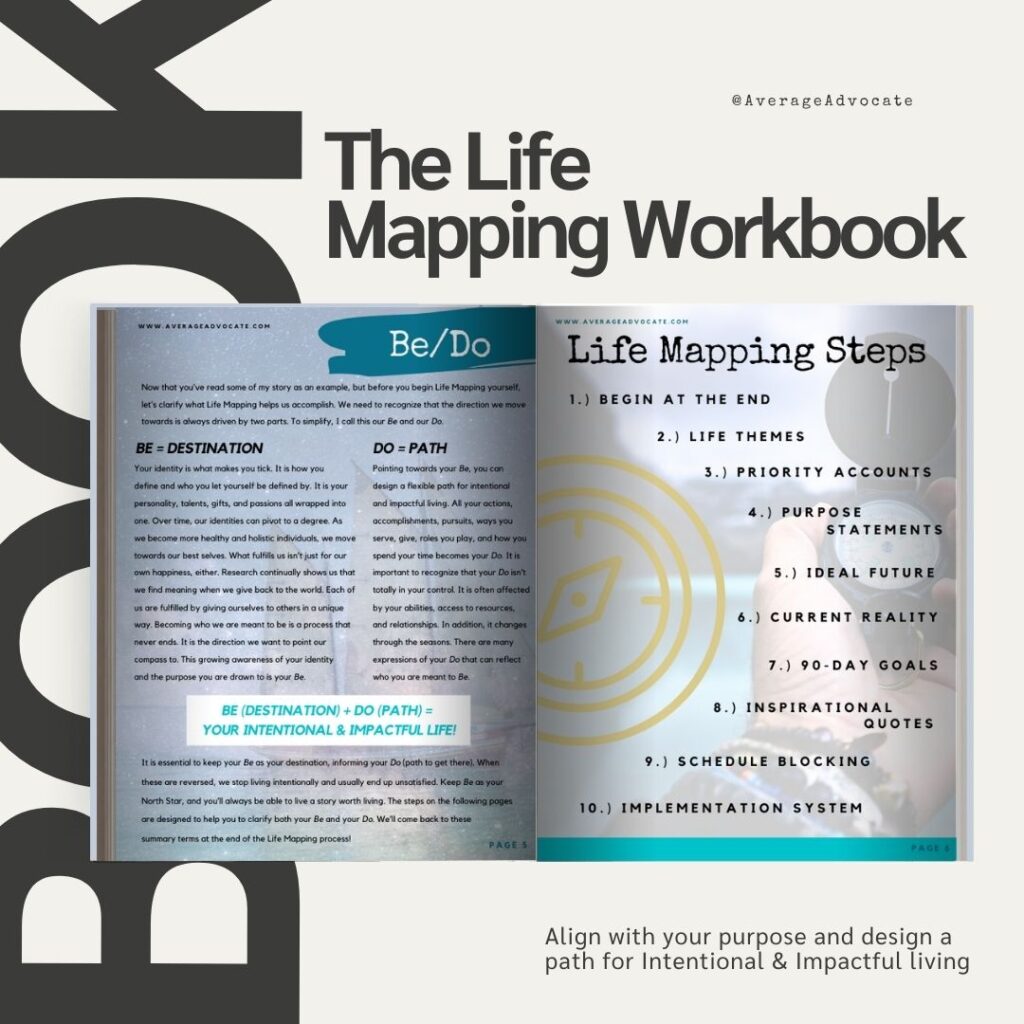


Trackbacks/Pingbacks